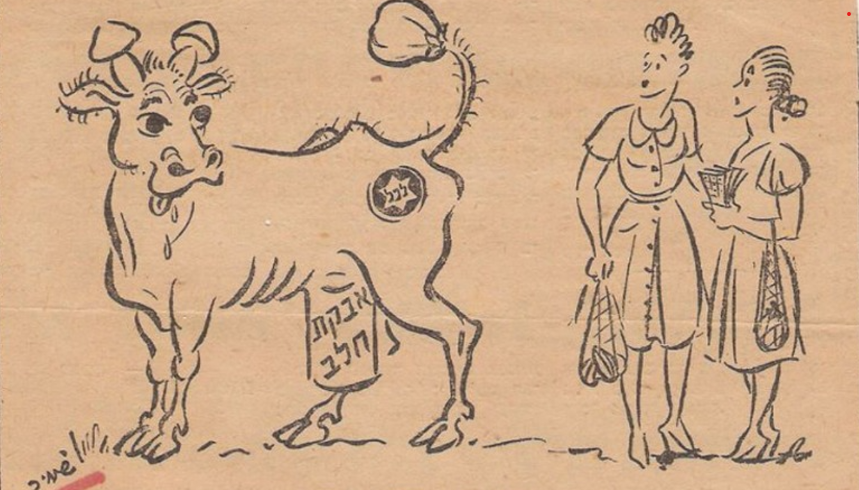Sixties Fan
Diamond Member
- Mar 6, 2017
- 67,534
- 12,083
- 2,290
- Thread starter
- #1,061
Follow along with the video below to see how to install our site as a web app on your home screen.
Note: This feature may not be available in some browsers.
The Canadian government recognizes, correctly, that demonization and delegitimization of Israel aren't legitimate criticism but manifestations of hate - and that hate can easily turn into violence when left unchecked.That the Government of Canada thoroughly reject the demonization and delegitimization of the State of Israel, and condemn all attempts by Canadian organizations, groups, or individuals, including university campus associations, to promote these views, both at home and abroad.
There is a huge difference between criticism and saying a nation has no right to exist. The tweeter knows this which is exactly why he misrepresents it.A report from the federal government's Standing Committee on Public Safety and National Security recommends the Canadian government "thoroughly reject" harsh criticism of Israel and denounce anyone who engages in it.

 View of the Western Wall and the Golden Dome of the Rock peeping over the wall
View of the Western Wall and the Golden Dome of the Rock peeping over the wall
 www.israelunwired.com
www.israelunwired.com







In Europe, Jews had been associated with the cattle trade since the Middle Ages. But in Palestine, consuming meat depended on Palestinian peasants and regional Arab breeders. Jewish actors (importers, butchers, religious authorities, urban officials) tried to gain more ground in the country’s meat trade. In the 1930s, Jewish cattle dealers began to import cattle from Europe, relying on their old continental networks. By shipping in animals from overseas, Jewish dealers expanded Palestine’s regional trade into a transcontinental trade. This ...allowed Jewish dealers to penetrate the country’s meat trade by importing to Palestine European bovines three times the size of local species.
...Tel Aviv, for example, was the settlement’s most important city financially, demographically, and also in terms of meat consumption. Its emerging meat infrastructures – especially its slaughterhouse built in 1931 – facilitated the expansion of the city, and by proxy, the entire Jewish settlement.
Rather than a land of milk and honey, settlers hankered for meat as the material manifestation of arriving at a utopia of prosperity and plenty. Increasing Jews’ access to meat in Palestine under British rule may have been against economic ideals, but still served the Zionist goal: the expansion of the settlement and the colonization of Palestine.
If you write a history of meat that doesn't center Palestinian suffering, you must be a racist colonialist pig.On its website, the company recalls how it entered the meat business: Until 1948 meat supplies depended on “Arab agriculture and nomadic Bedouins. But with the creation of the state, this main source of meat disappeared”. Echoing the hegemonic Israeli stance, Tnuva’s website reduces Palestinians to a “source of meat” and their forced exodus to a “disappearance”.
